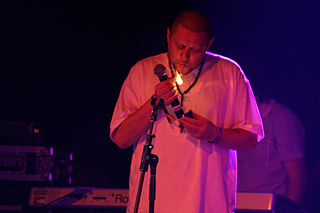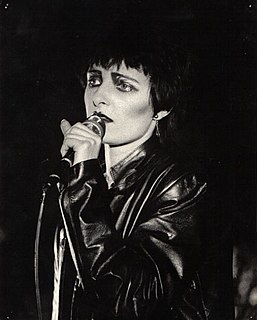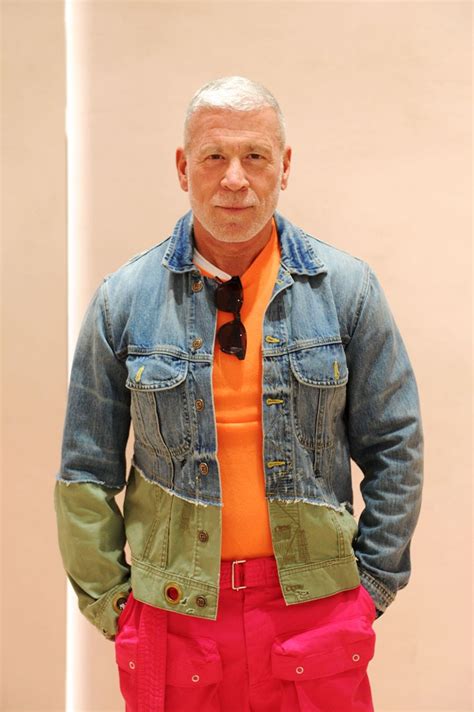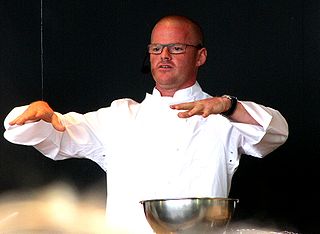A Quote by Shaun Ryder
I grew up in the '60s and '70s, where it was still acceptable to say, 'Well, you're not academic, so that's fine, you'll do it some other way.'
Related Quotes
If you go to Japan, they're still buying vinyl, and they want the education. They know who's playing on what tracks from the '60s and the '70s - who the guitar player is, who the drummer is, who the producer was, what studio it was recorded in. That's how I grew up listening to music. We bought albums. We read the liner notes. It was important to know the whole history behind it.
The 60s were a continuation of the 50s much more than people realized. Certainly in some countries, like Britain, there was still a culture of deference, whereas in the 70s we really are in a time of angry transition. The generation that came into young adulthood in the 70s couldn't find jobs; that wasn't true in my generation. They entered a time when two depressing things hit them both at the same time.
I was born in Brazil and grew up in the '70s under a climate of political distress, and I was forced to learn to communicate in a very specific way - in a sort of a semiotic black market. You couldn't really say what you wanted to say; you had to invent ways of doing it. You didn't trust information very much.

































